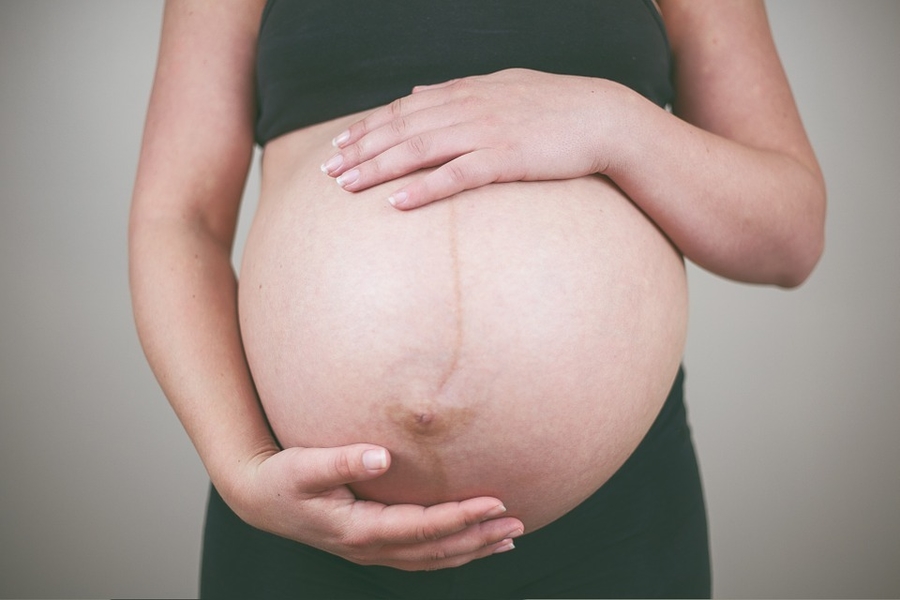
Everything You Need To Know About Placental Abruption
21 Mar 2018 | 3 min Read
Babychakra
Author | 1369 Articles
Placental abruption is an extremely serious condition that generally occurs in the last few weeks of pregnancy and requires immediate medical attention.
What is placental abruption?
Placental abruption is the sudden breaking away i.e. abruption of the placenta from the wall of the uterus before the birth of the baby. The placenta connects the baby and the uterus of the mother and begins to develop within the first two weeks of conception. It provides all the necessary nutrition for the growing foetus. Normally, the placenta separates from the uterus during delivery when the baby is born, and is pushed out from the body through the vagina.
When the placenta partially or completely separates from the uterus before the baby is born, it is called placental abruption. A ruptured placenta or a tear in placenta can occur anytime during pregnancy, but is more common during the last trimester.
What are the various placental abruption symptoms?
The signs of placental abruption vary widely in terms of intensity and in being discernible. They may be mild or quite severe. However, irrespective of the severity of symptoms, it is a serious condition. It is critical to seek immediate medical help if you suspect a tear in placenta or have one or more of the following symptoms, especially in the last trimester of your pregnancy:
- Bleeding from the vagina – Bleeding may be as light as spotting or heavy. The breaking of water or vaginal discharge of fluids can also lead to placental separation
- Pain in the abdomen or back pain – can be mild or severe
- Tenderness in uterus or cramping.
- Frequent contractions
- A decrease in the movements of the baby in the womb
What are the possible placental abruption causes?
Placental abruption causes are not well defined and vary widely. Many times placental abruption may occur for no known reason.
- A physical shock or trauma to the abdomen may cause placental abruption. An accident or a fall that gives a sudden jerk to the abdomen, extreme pressure to the abdomen, etc. are examples of incidents that may cause placental abruption.
- Loss of amniotic fluid (the fluid in which your baby is floating) can suck or pull the placenta from the wall of the uterus leading to placental abruption.
Placental abruption treatment
The treatment for placental abruption depends both on the severity of the injury and the gestational age of the foetus.
- In mild cases, during the initial months of pregnancy, complete bed rest is prescribed for the expectant mother. This gives time to the placenta to reattach itself to the uterus and heal. Doctors will generally increase the frequency of check-ups and will closely monitor the pregnancy.
- During advanced stages of pregnancy in mild or moderately severe cases, the patient may be hospitalized for close monitoring until the baby is big enough for induction of labour. The chances of delivery via a Caesarean section are high in such cases.
- When the placental separation is severe and threatens the life of the baby or mother, the doctor may opt for immediate delivery of the baby. It is one of the safest ways to protect both the mother and child in many cases.
Also read: Low Lying Placenta: Facts You Should Know!
Explore the entire collection of articles: Pregnancy Must Know
A


Related Topics for you
Suggestions offered by doctors on BabyChakra are of advisory nature i.e., for educational and informational purposes only. Content posted on, created for, or compiled by BabyChakra is not intended or designed to replace your doctor's independent judgment about any symptom, condition, or the appropriateness or risks of a procedure or treatment for a given person.
